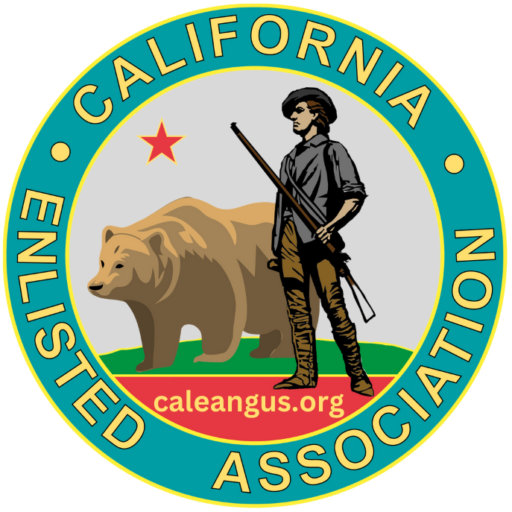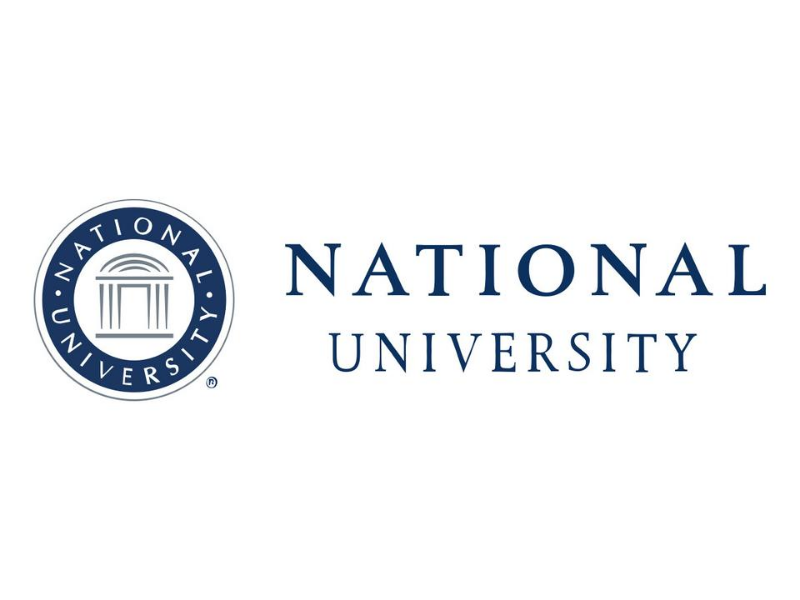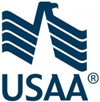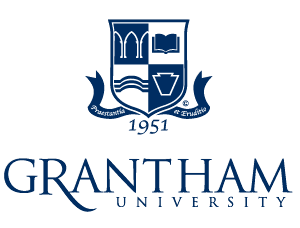EANGUS Legislative Action Center
A day in uniform for members of the National Guard and Reserve may soon count as an active-duty day for Post-9/11 GI Bill eligibility under legislation making its way through Congress, ending years of confusion and inequality regarding part-time service members’ eligibility for federal education benefits.
H.R.1836, the Guard and Reserve GI Bill Parity Act, passed in the House of Representatives and advanced to the Senate. However, S.266, the Guard, Reserve, and Active-Duty Department of Veterans Affairs Educational Assistance Parity (GRAD) Act, awaits action by the Senate Committee on Veterans Affairs.
U.S. Rep. Mike Levin (D-CA-49), who sponsored the House bill, says Congress has discussed the issue of GI Bill parity since he entered the House in 2019 but only now appears on the verge of a legislative solution.
“It’s long pastime we have some basic fairness here. I was encouraged that we got a great number of Republicans that voted along with us in the House for the legislation,” said Levin, noting the bill passed by a bipartisan 287-135 vote. “We’ve got a lot of momentum. We’ve got to make sure we get across the finish line in the Senate.”
The legislation would enable almost all days of uniformed service, including weekend drills, annual training, and all federal missions, to count toward Post-9/11 GI Bill (Chapter 33) eligibility.
Post-9/11 GI Bill benefits are awarded to service members who have served at least 90 days on active duty since Sept. 11, 2001, with those serving at least 36 months (or discharged due to a service-connected disability) receiving the total benefit amount while those with fewer active-duty months receiving 50% to 90% of the maximum benefit amount.
Because the Post-9/11 GI Bill pays up to 100% of in-state tuition at a public university or $26,043 per year at a private or foreign school, service members eligible for lower percentages of the full benefit still receive a substantial education benefit. The Post-9/11 GI Bill also can be used to pay for vocational, apprentice, and flight training. A monthly housing allowance and an annual book stipend add to the benefit’s value even when dollars are prorated based on percentage tier.
In recent years, Reserve and Guard have operated at record operational tempos, serving in assignments ranging from COVID-19 pandemic relief and wildfire response to U.S. Capitol and U.S.-Mexico border security missions. Whether those mobilizations qualify for federal education benefits often depends on confusing and complex rules.
National Guard members navigate a web of Title 10 and Title 32 orders based on whether they are activated for state or federal duty, national disasters, or national defense. Reserve members may qualify for education benefits while on Active Duty Other Than for Training (ADOT) orders but don’t accrue active-duty time for most benefits when on Active Duty for Training (ADT) orders. All forms of inactive duty training (drills and funeral honors) and annual training currently do not count toward Post-9/11 GI Bill eligibility.
EANGUS has not seen the movement we had hoped for in the Senate, and we are now asking you to help push our position within the Senate. Please forward the attached message to your Senators, Vice-President, and the President.
For more information regarding National Guard and Reserve GI Bill Parity or any other National Guard issues, please do not hesitate to contact Kevin Hollinger at kevin@eangus.org or contact him direct at (202) 670-1826.
Simply click HERE to access the Legislative Action Center, click on the Call to Action banners and complete the form to send your elected officials a note that YOU are encouraging them to keep these bills moving that will support the National Guard!













